An online webinar will be held on August 11 at 16:00 Tashkent time, where the Executive Director of the Azerbaijan Center for Economic Reforms and Communications Analysis (CERAC) Vyusal Gazimli will present the book "Economic Growth". The event will be hosted by Dr. Obid Khakimov, Director of the Center for Economic Research and Reform.
The event is organized to deepen cooperation between the think tank centers of Uzbekistan and Azerbaijan, exchange scientific knowledge, improve the quality and level of economic research.
The book "Economic Growth" explains the essence of economic growth using a variety of modeling approaches, including the Solow model of growth (Solow model, given the starting point for all modern models of economic growth, it provided the necessary mathematical basis for analyzing capital change), neoclassical model, endogenous technological developments.
In additionally, economic development is also influenced by factors such as cultural diversity, storytelling, and social capital.
The author of the novel "Anna Karenina", referring to the Russian writer Leo Tolstoy, argues that "all happy families are similar, and every unhappy family is uniquely unhappy" is the same as the economy: each country must approach its own economic growth. The methodology developed at Harvard University is called “problem-driven iterative adaptation” (PDIA).
As Dr. Gasimli pointed out, growth diagnostics and PDIA complement each other. If growth diagnostics can help you understand the nature of the problem and find significant barriers to growth, PDIA will determine the way out of the problem.
The event is expected to be attended by Uzbek expert-analytical and scientific circles, professors and teachers of the country's leading universities, as well as representatives of official and business circles.
You can participate in the event via the following link:
Meeting ID: 890 0341 2282
Passcode: 734485
Public Relations Department, Center for Economic Research and Reform

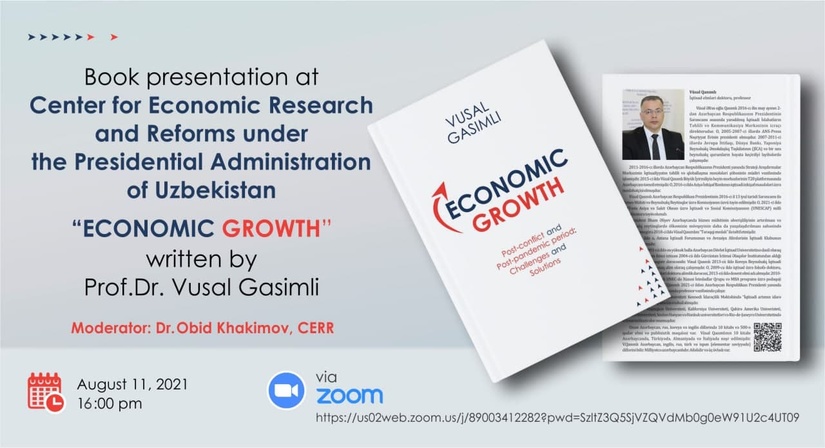
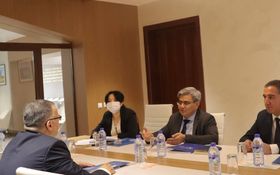
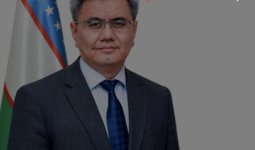
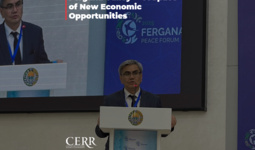
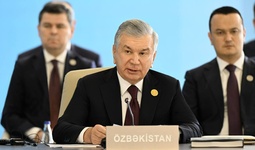
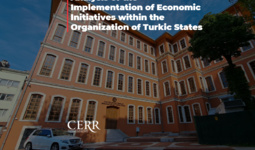
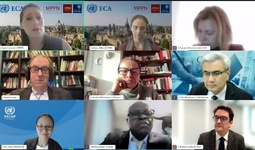
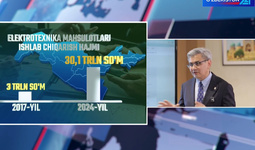













leave a comment